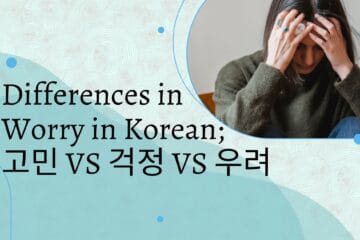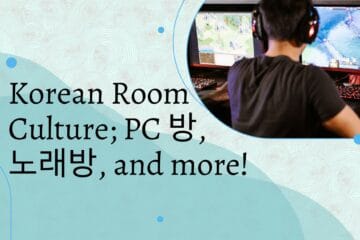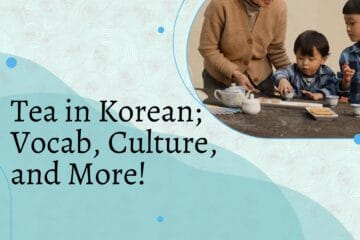Korean Winter Sports Vocab & Culture!
Happy winter! Today I want to talk about Korean winter sports, getting into the vocab and the culture of skiing, snowboarding, and ice skating they have out there. South Korea does experience snowy winters, and with the mountainous terrain, it has a lot of prime spots to keep active in the cold months.









